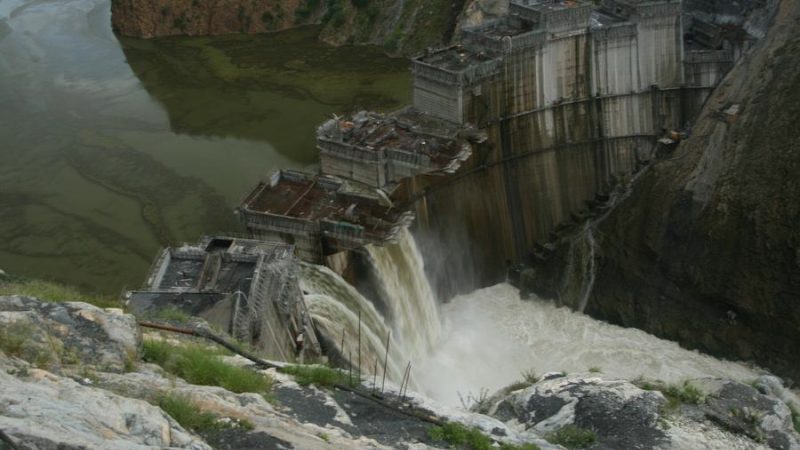Sometimes journalism is a lot of fun.
At a conference this week my ears pricked up at the mention of a politically-sensitive energy megaproject. Imagine my surprise to find no mention of it online. But one call was all it took to confirm: Gulf states are eyeing an electricity cable from Ethiopia to Saudi Arabia – through war-torn Yemen – to help the latter cut its oil and gas consumption.
The Gulf Cooperation Council’s grid operator told me they are studying the feasibility of such an interconnector to import hydropower, as part of a wider strategy to diversify the region’s energy mix.
OK, so there are a few minor details to clear up first. Peace in Yemen. Ethiopia finishing its controversial megadam – and having enough rainfall to run it reliably.
But it is a sign of how far and wide the world’s oil superpowers are looking for economic resilience, as climate action puts pressure on their top commodity.
New York, New York
There has been a flurry of announcements out of the UN general assembly and NY Climate Week.
- The UK, Canada, Denmark and Spain joined a coalition aiming to go carbon neutral by 2050, swelling its number to 19.
- The Marshall Islands – also a member – went a step further and published its plan to get there. Together with Pacific neighbour Fiji, it became one of the first countries to commit to submitting a more ambitious climate pledge to the UN process next year.
- UN chief Antonio Guterres appointed Mike Bloomberg to lead a green investment drive ahead of his planned New York summit in September 2019.
- It was French president Emmanuel Macron who linked climate change to the dominant theme of the assembly: trade. He reiterated his position that countries reneging on the Paris Agreement *cough US* cannot expect new commercial deals with the EU. Underscoring the message, the EU and Canada added a climate clause to their trade agreement.
- And 12 Latin American and Caribbean countries signed a treaty to protect environmental rights.
Climate conversations
Edna Molewa, who fought for unity on climate change, dies aged 61 – Laurent Fabius and Laurence Tubiana
What does the Chinese public think about climate change? – Li Jing, China Dialogue
Pole position
We got hold of two draft declarations the Polish presidency of December’s UN climate summit plans to promote.
The first calls for a “decent future” for fossil fuel workers. As Natalie Sauer reported from the host city Katowice, coal miners are terrified of climate policies taking their jobs.
The second promotes forests as a solution to climate change. On its own merits, it’s hard to disagree, although experts stressed it should not be used to distract from the imperative to cut emissions.
A third declaration is expected to focus on electric mobility. We will share more with you when we have it.
Hostile environment
How will the UK price carbon after leaving the EU? It is a question that pits Scotland against the rest of the country, Sara Stefanini explains.
Meanwhile a British court has sent three anti-fracking protesters to jail. Their lawyer said they were the first to be imprisoned for an environmental protest in 86 years, which may be true if you don’t count related charges like breaking injunctions or contempt of court.
You reckon it’s fair to call it a first for climate change protest or not?
— Alice Bell (@alicebell) September 26, 2018
Chasing 1.5C
Next week, the Intergovernmental Panel on Climate Change meets for final deliberations on the 1.5C stretch global warming target, before publishing (if all goes to plan) its special report.
Scientists have rebuffed an unsubstantiated report in the Observer that they watered down the findings to appease governments like the US, Saudi Arabia and Australia. It was based on the final government draft, which Climate Home News published in June.
Still, with a politically sensitive subject like this you can expect the summary for policymakers to come in for robust questioning. Our reporter Natalie Sauer will be hovering outside the – mostly closed – meeting in Incheon, South Korea. If you are there, say hello.
